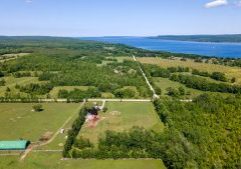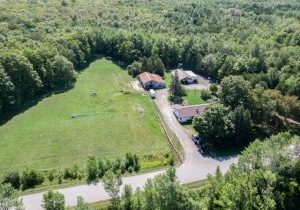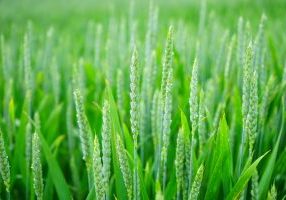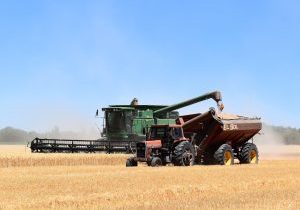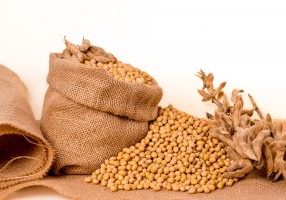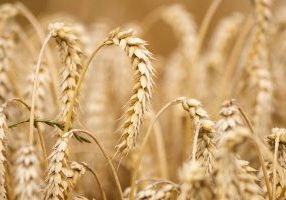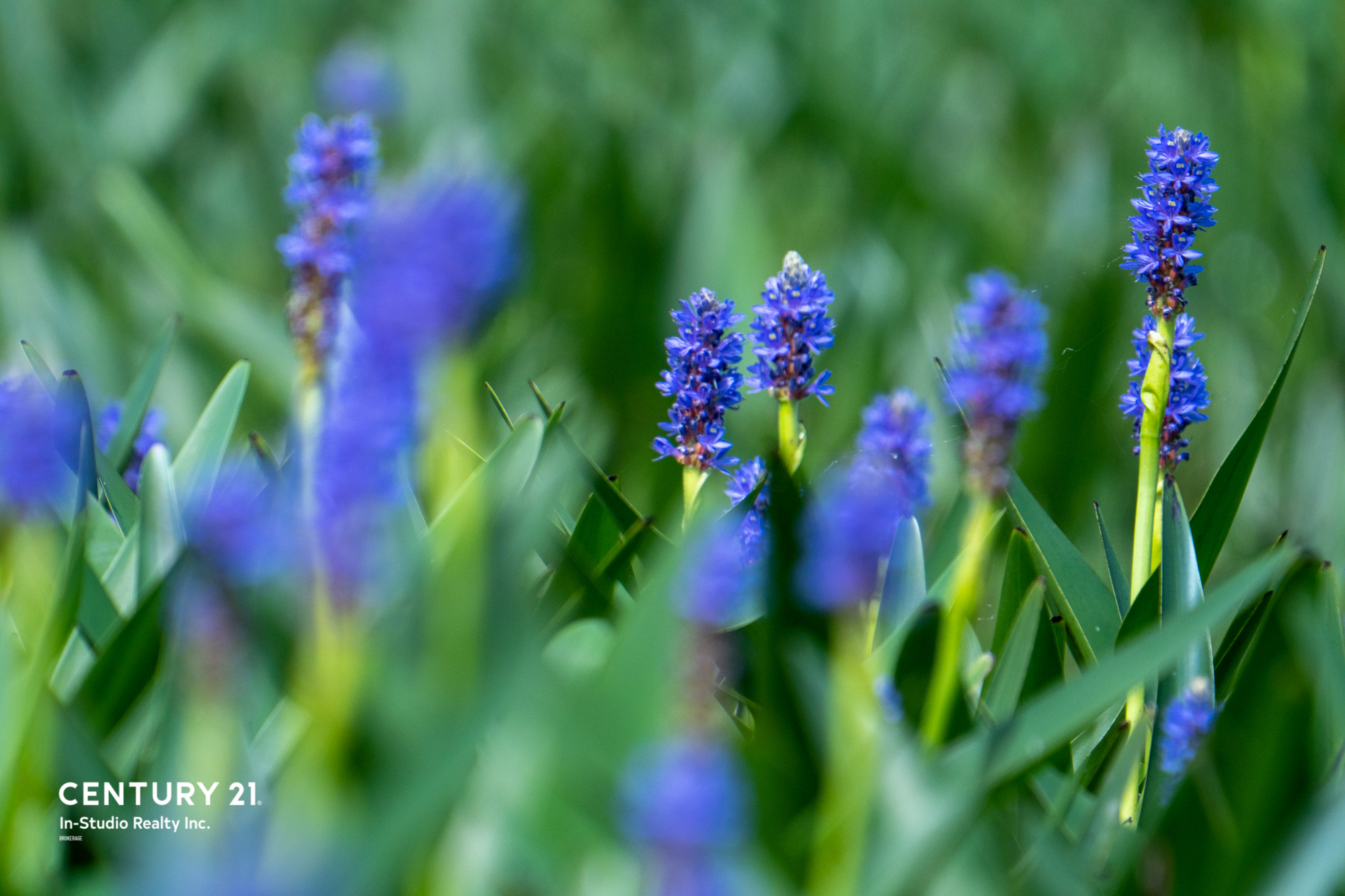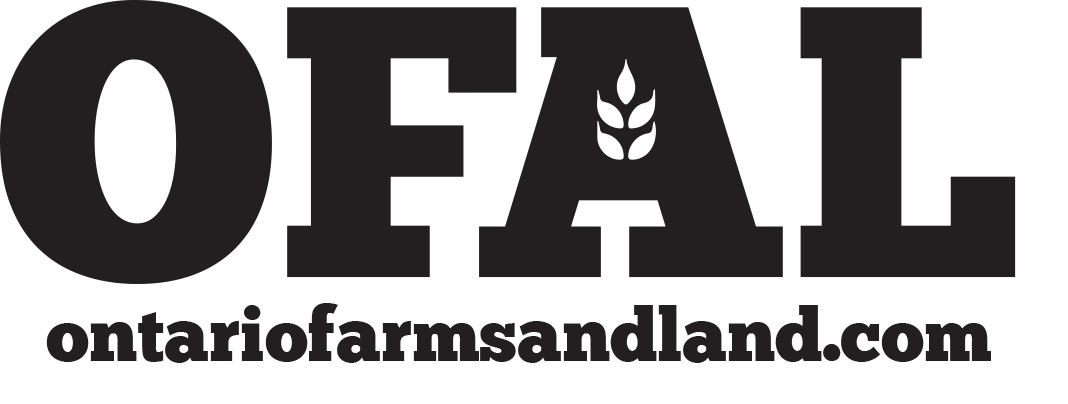Buy Fresh. Support Local. Thank You!
Considering farms for sale in Waterloo Wellington? The Waterloo Wellington region is located in Southwestern Ontario. There are many economic and agricultural opportunities throughout this region, with an extensive entrepreneurial community and market. Waterloo County is home to multiple metropolitans, including Kitchener, Cambridge, and Waterloo, spanning 1,369 km2. The University of Waterloo is a significant asset to the agricultural industry in the region, with ongoing research and studies that provide cutting-edge information and resources for farmers. Wellington County spans 2,657 km2 and has a long history of agriculture with top-quality soil for farming.
Additionally, sustainability is a high priority in Waterloo Wellington. Farms are switching to renewable energy, and as a result, there are ample grants and funding available to preserve and protect the soil, land, and water. The region boasts many agri-tourism opportunities and is becoming a tourist hot spot and food destination by providing opportunities to connect directly to consumers with fresh, local food. With proximity to the GTA, the region is close to new markets for new and additional revenue, allowing money spent in the region to stay within the region to fund small businesses and increase employment opportunities. There is economic diversity and agricultural support throughout the region, allowing new businesses to succeed and prosper.
Ready to purchase your next Oxford Brant Farm? Contact The Ontario Farms & Land Group today! 1-844-721-FARMS
Waterloo Wellington Real Estate
Find Your Dream Farm For Sale In Waterloo Wellington
Local Waterloo Wellington REALTORS® Specializing In Farms & Land
Coming Soon
Local Resources in Waterloo Wellington
Farmers Markets
There are many options for direct-to-consumer markets throughout the Waterloo Wellington Region. Dating back to 1830, the Kitchener Farmers' Market is considered one of the oldest operating markets in Canada. Additionally, the region offers online farmers' markets and in-person and seasonal markets as well. In 2011, the Guelph Wellington region created Taste Real, an online resource that partnered with local farmers and businesses to build a stronger rural community and attract tourists to this food destination. Check out the previous link to see every farm to table connection you can utilize, as well as additional examples of year-round and seasonal farmers' markets below:
- Bailey's Local Foods, Waterloo
- St. Jacobs Farmers' Market, Woolwich
- Kitchener Market, Kitchener
- Elora Farmers' Market, Fergus
- Guelph Farmers' Market, Guelph
Veterinary Clinics & Hospitals
There are many resources for veterinary care throughout Waterloo Wellington, including clinics and hospitals. No matter the concern, your big and small animals will be well taken care of with years of expertise in your area! See below for a list of the larger veterinary clinics and hospitals in the area:
- North Wellington Animal Hospital, Mount Forest
- Elora Gorge Animal Hospital, Elora
- Waterloo West Animal Hospital, Waterloo
- Animal Hospital of Kitchener Waterloo, Kitchener
Agriculture Supply Shops
The Waterloo Wellington region has access to larger city amenities and small but mighty businesses to set your farm up for success! Whether you're looking for feed suppliers, tools, heavy-duty farm equipment, or service, you'll find it here. See below for a few great shops to get you started:
- Ontario Seed Retail Store, Waterloo
- Stratford Farm Equipment, New Hamburg
- Sharpe Farm Supplies, Fergus
- Harriston Agromart, Harriston
Auctions
There is a variety of auction services available in the Waterloo Wellington region. Whether online or in-person, if you're looking for heavy-duty machinery, estate sales, home supplies, farm equipment, tools, and vehicles, you'll be able to find what you need. If you require an appraisal, these services are also provided by most auctions in the region. See the list below to check out a few of the auctions in the Waterloo Wellington region:
- Kurtz Auctions, Guelph
- Gerald Bowman Auctions & Appraisals Ltd., Elmira
- Miller & Miller Auctions Ltd., New Hamburg
- Parr Auctions, Fergus
Urban Centers
Kitchener
Located in southwestern Ontario, Kitchener has a population of nearly 250,000. With a diverse economy, Kitchener is home to one of Canada's longest continually operating farmers' markets, the Kitchener Farmers' Market.
Waterloo
Waterloo is located southwest of Toronto, with a population of over 100,000. It is home to two of the highest-ranked university in Canada.
Cambridge
Located east of Kitchener, Cambridge has a population of nearly 130,000 and is known for industrial production.
Transportation & Logistics
Transportation
- Ride Well
- On-demand public transit in Wellington County
- Grand River Transit
- Public transit connecting Cambridge, Kitchener, and Waterloo to other towns in the Waterloo Region
- Go Transit
- Bus service connecting well-visited locations throughout Waterloo, Kitchener, as well as Toronto
- Guelph to Toronto – 95 km
- Waterloo to Toronto – 113 km
- Kitchener to Toronto – 107 km
Logistics
- Proximity to GTA and Toronto
- University of Waterloo
- Wilfrid Laurier University
Discover Waterloo Wellington Farming
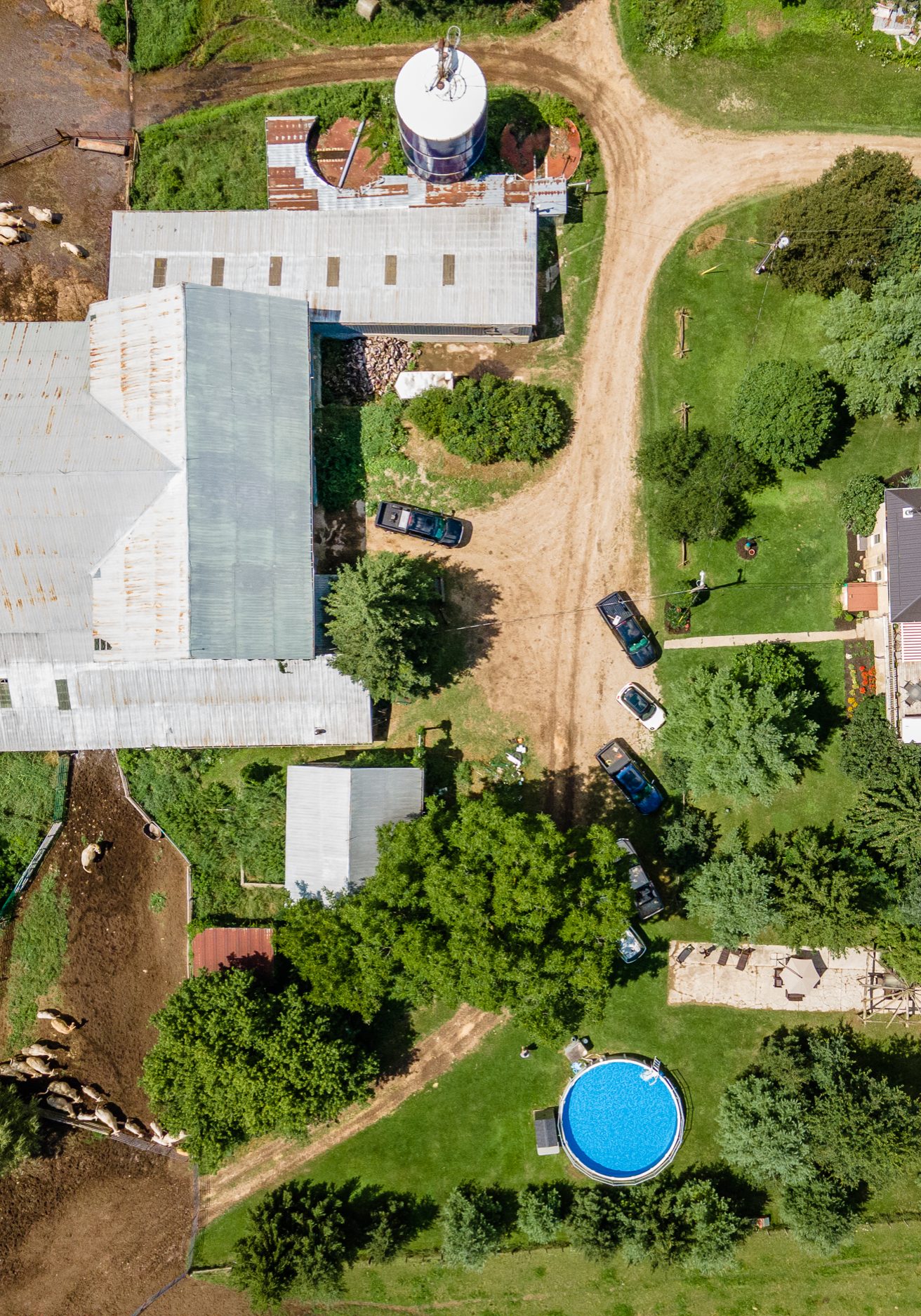
The Waterloo region is home to 1,374 farms and over 214,975 acres of dedicated farmland, as reported in 2016. The majority of the land, approximately 74%, is used to grow crops, including hay, fruits, and vegetables. Within the region, oilseed and grain production is most prominent. Additionally, livestock farms make up 69% of the operating farms in the region, with an increase of 45 cattle farms since 2011. The region has been shifting to using more renewable energy. 1 in 10 farms are now utilizing alternative energy sources, primarily solar panels and anaerobic bio-digesters to produce fuel, and wind turbines to produce energy.
Wellington County has the most farms in Southwestern Ontario, with 2,348 farms that provide 6,000 local jobs as reported in 2014 and an industry worth over $744 million in 2011. The main categories of farming include livestock and poultry, grains and produce, and dairy. It is considered a very fertile region, with 75% of the soil classified as class 1 soil.
The Wellington Federation of Agriculture and Waterloo Federation of Agriculture work very closely with the Ontario Federation of Agriculture as liaisons to bring forward local farmers' opinions, concerns, and advice to improve the farming sector in the Waterloo Wellington region well as across Ontario.
Conservation is at the forefront of both regions, both generally and with a focus on agriculture. The Waterloo Soil Conservation, in partnership with the Ontario Agricultural Conference, works together to educate and provide resources to local farmers on soil and crop conservation. Additionally, the University of Waterloo boasts several programs and studies focusing on agriculture and food sustainability to continue improving the agricultural sector. The Wellington Rural Water Quality Programme provides grant money to local farmers in the region to establish windbreakers and wetland barriers, organize manure storage facilities and cover crop projects. They have facilitated over 3,000 projects since 1999, with over $9.9 million in grant funding.
Soil
Both the Waterloo and Wellington regions have a history of primarily being used for agriculture, limiting the risk of contamination to the soil from other industries. Within the Wellington area, the land used to be primarily woodland, which was removed upon settlement. There are various trees native to this area, including sugar maple, willow, white cedar, and elm. The regional soils include clay, sandy loam, silt, organic, limestone, and sandstone, with a range of well-draining to poorly draining soil compositions.
Weather
The weather in the Wellington Waterloo region is relatively mild, with winter temperatures averaging around -11°C, and rarely getting colder than -20°C. Summer temperatures average about 26°C, rarely surpassing 30°C. The average rainfall for the area ranges between 12 mm to 63 mm month over month, with an average snowfall of 140 mm in January. The longest days have roughly 15 hours and 25 minutes of sunshine, with the shortest days having just 8 hours and 57 minutes of daylight in the winter.
There are roughly 5.0 months of the growing season from May 7 – October 9 annually.
Water & Air
The water in the Waterloo Wellington area is some of the hardest water tested in Canada, with 17-38 grains per gallon. Both regions have ample resources to protect surface water, groundwater, and drinking water, including the Wellington Source Water Protection and the Wellington Rural Water Quality Programme. Both focus on providing funding for farmers specifically to take action and protect water quality in the region, with a total investment of over $27 million to date.
The air in the Waterloo Wellington region is rated moderate to good, most often good.
Animals & Insects
Wildlife found in the Waterloo Wellington area includes smaller animals, such as turtles, raccoons, squirrels, skunks, and larger animals like deer and coyotes. The regions provide resources to help avoid encounters with wildlife and opportunities for volunteer organizations like Wildlife Haven Waterloo to rehabilitate and release animals into their natural habitat while avoiding taming the animals. Insects found in the region include mosquitos and ticks.
Read Our Latest Blogs
Discover Neighbour Farming Communities to Waterloo Wellington Counties
ONTARIO FARMING COMMUNITY PAGES
On our community pages, you'll find a wide variety of local information and resources.

